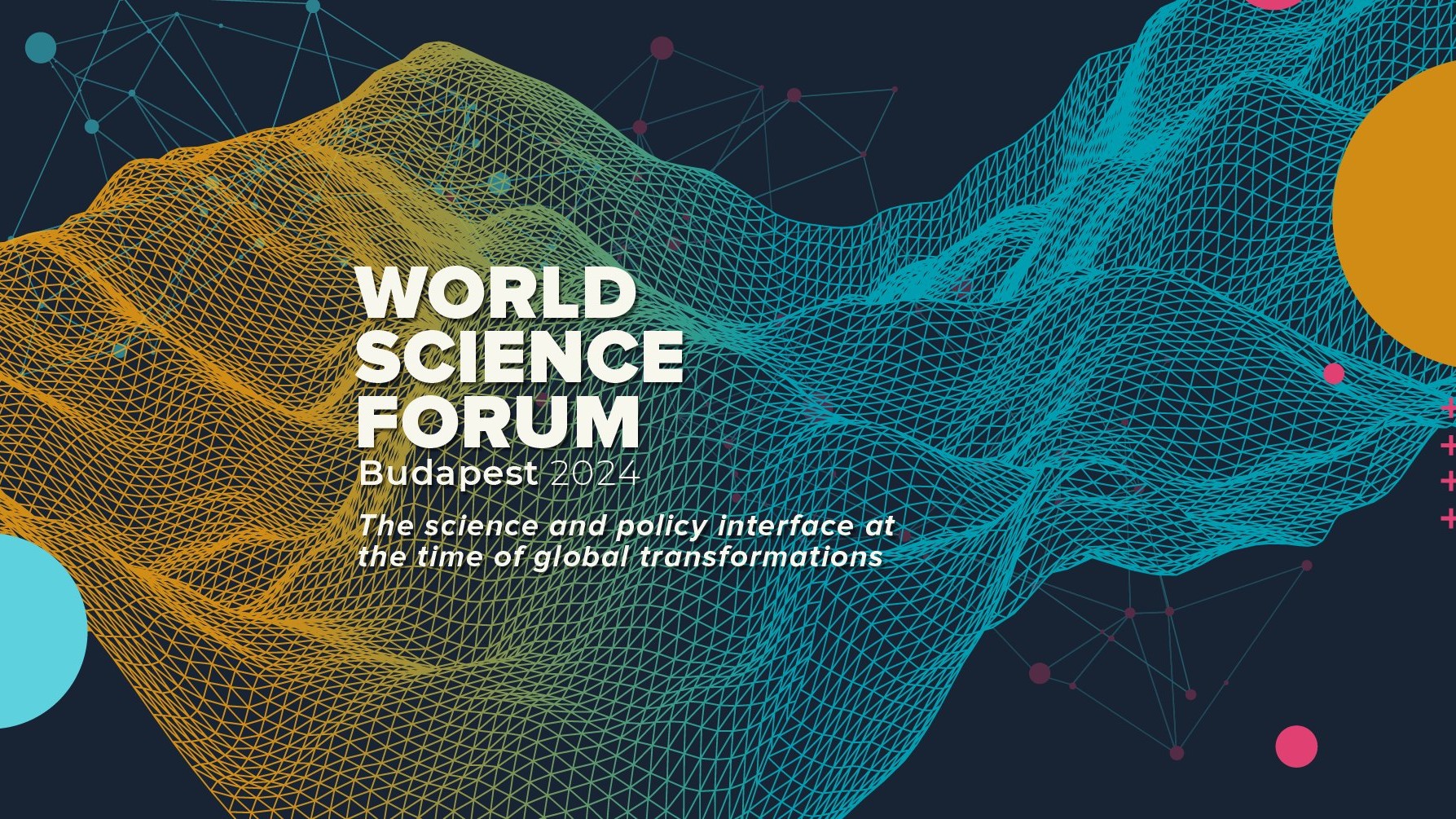The World Science Forum (WSF) 2024, an influential biennial event, kicks off today in Budapest, drawing nearly 500 scientists, policymakers, and representatives from international organizations. Under the theme of The Science and Policy Interface at the Times of Global Transformations, the forum seeks to address how scientific advancements can effectively inform policy decisions to navigate the complexities of the modern world.
Held every two years since its inception in 2003, the WSF finds its home in Budapest every fourth iteration. This year, the event is hosted under the patronage of Hungary’s President Tamás Sulyok, with President of the Hungarian Academy of Sciences Professor Tamás Freund serving as its organizer and host.
Spanning five days, the conference comprises 19 plenary and thematic sessions, featuring nearly 100 presentations that will explore pressing global challenges. Discussions will delve into how science can be better integrated into policy frameworks to tackle societal, political, and economic issues. Participants include esteemed scientists, international science organizations, and policy experts.
The opening ceremony, held at Müpa Budapest, features a keynote speech by Széchenyi Prize-winning evolutionary biologist Eörs Szathmáry, entitled The Synthesis of Artificial Life. Adding to the event’s prestige, the UNESCO Sultan Qaboos Prize for Environmental Preservation will also be awarded during the inauguration.
An integral component of the forum, the Science Expo, will take place at the Museum of Fine Arts from 21–23 November. This interactive exhibition will showcase collaborative achievements between Hungary’s leading universities, research institutions, and key players in the private sector.
For those unable to attend in person, organizers have made the full programme available for live streaming at worldscienceforum.org. The forum continues until Saturday, offering a platform for dialogue and innovation at the crossroads of science and policy.
More about the WSF:







